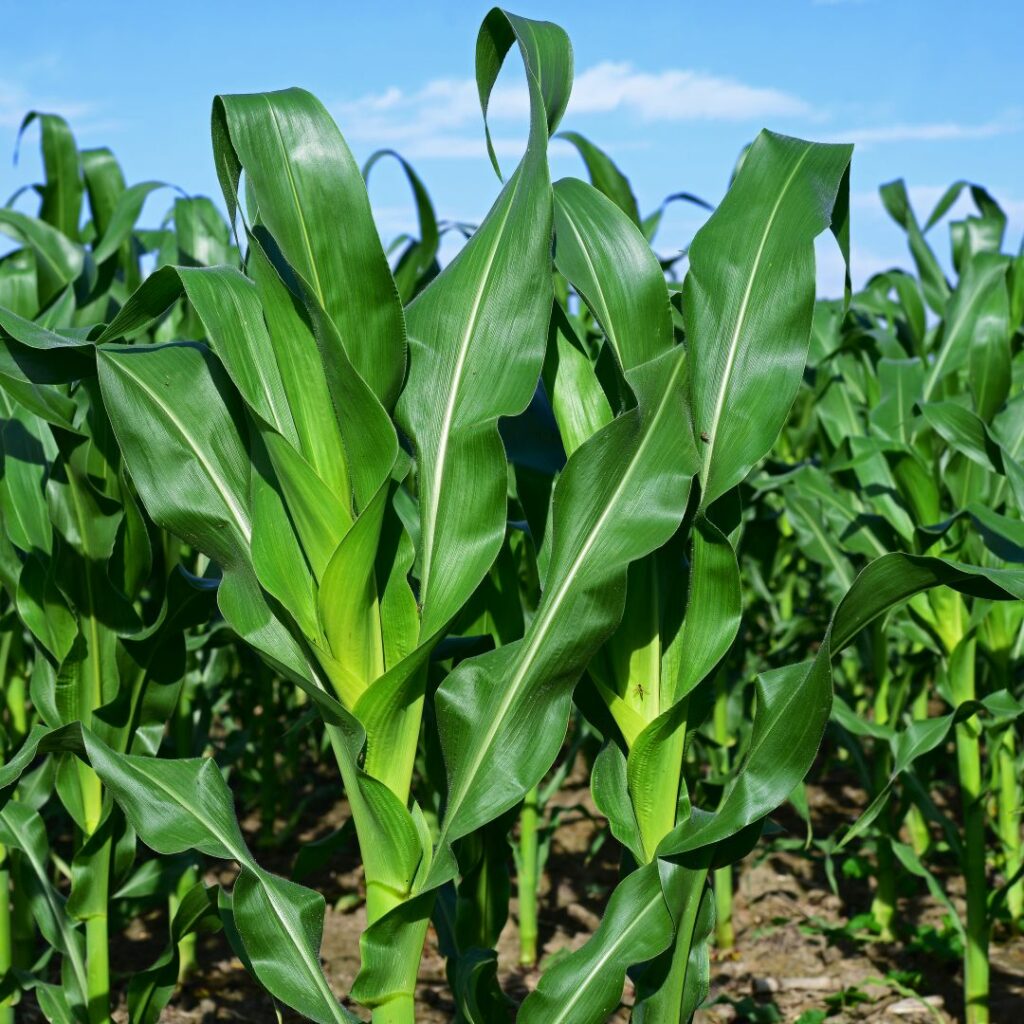Findings from a 2016 University of Nebraska-Lincoln study show TerraNu fertilizers have a comparable impact on corn yields as other types of manure and anaerobically digested organic matter. The study tracked the impact of various sources of organic-matter based material, including bio-solids, poultry manure and feedlot manure. The advantage of TerraNu fertilizer is that it is much lighter than manure, storable and easy to transport, and supplies a guaranteed nutrient analysis in every granule for precision application. Yield response from each material in the study can be found in Figure 1.
Despite having much lower application rates than other materials in the study, TerraNu fertilizers performed equally well. “TerraNu fertilizer provided the most nitrogen credits of all materials in the study,” said Dr. Maggie Phillips, Midwestern BioAg’s Director of Research and Development. “This allowed the product to be applied at much lower rates while still supporting yields. Formulating products with TerraNu Nutrient Technology enables us to provide growers with many of the benefits of manure, but through a much lighter and easier-to-handle product.” This directly addresses the concern many growers have about soil compaction associated with heavy manure applications. Detail on application rates can be found in Table 1.
“Thirty-eight percent of the nitrogen in TerraNu fertilizer is in the organic form,” said Dr. Phillips. “This means the nitrogen in TerraNu is more available following application, which explains the yield findings in Nebraska. Other materials in the study contained much higher amounts of organic nitrogen, which is less available to plants in the first season.”
The study will run for two additional years to monitor nitrogen release over time.



